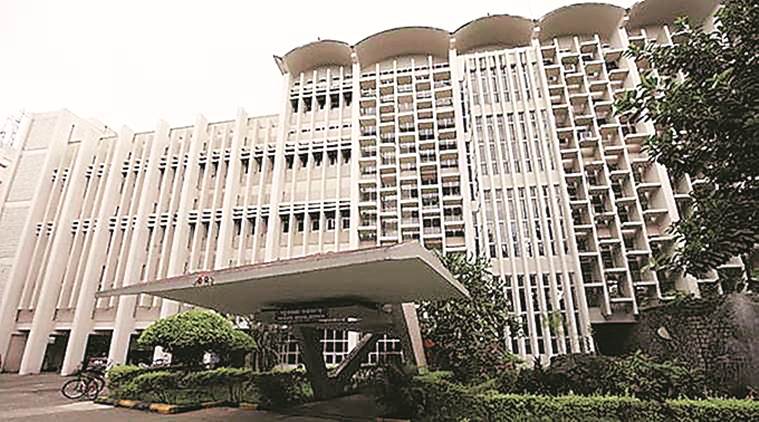
Three days after the Times Higher Education (THE) magazine released its world university rankings, Indian Institute of Technology, Bombay, said it had not submitted any data for evaluation to the publication this year.
The London-based magazine released the 2020 edition of the rankings on September 11.
While no Indian institute made it to the list of top 200 universities, the relatively new IIT-Ropar, established in 2008, ranked alongside the Indian Institute of Science (IISc), Bengaluru, among the top 301-350 universities of the world.
IIT-Indore ranked among top 351-400 universities of the world, while IITs of Bombay, Delhi and Kharagpur were placed in the 401-500 bracket. The University of Oxford has topped the chart for the fourth consecutive year.
Claiming that IIT Bombay had not submitted any data to THE this year, institute’s spokesperson Falguni Banerjee Naha said, “Since the past few years, every year we have submitted some data to the agency. Unlike QS World University Rankings, which requires detailed information, THE needs limited details. This year, we decided that we did not want to participate in the rankings and had not submitted them any data for the same reason.”
QS World University Rankings is an annual publication of university rankings by Quacquarelli Symonds.
Naha added that the institution needs to understand how the agency included IIT Bombay and claimed there was a “lack of transparency”. The Indian Express had sent a mail to THE’s regional director (South Asia), Ritin Malhotra, seeking a comment on the matter, but has not received any response so far.
The methodology used by THE, as mentioned on its website for 2018 rankings, institutions provide and sign off their institutional data for use in the rankings. “On the rare occasions, when a particular data point is not provided, we enter a conservative estimate for the affected metric. By doing this, we avoid penalising an institution too harshly with a “zero” value for data that it overlooks or does not provide, but we do not reward it for withholding them,” THE website says.
Performance indicators for the evaluation of rankings are grouped into five areas: teaching (the learning environment), research (volume, income and reputation), citations (research influence), international outlook (staff, students and research) and industry income (knowledge transfer).
In a recent Facebook post, IIT Delhi professor Ramgopal Rao had claimed that THE scores do not represent the true ranking of institutions. “In three of the ranking parameters, such as International students, International faculty and Faculty-student ratio, our institutions score close to Zero points. To be ranked globally, we need to internationalise our campuses,” the post said.
“If you rank world universities on just the ‘Research Impact’ scores, many of our top Indian institutions (read IITs and IISc) will be in the top 100… We don’t score well on perception based parameters on a global scale. Again because of the inward looking nature of our institutions and cultural issues. This is also changing now,” the post added.